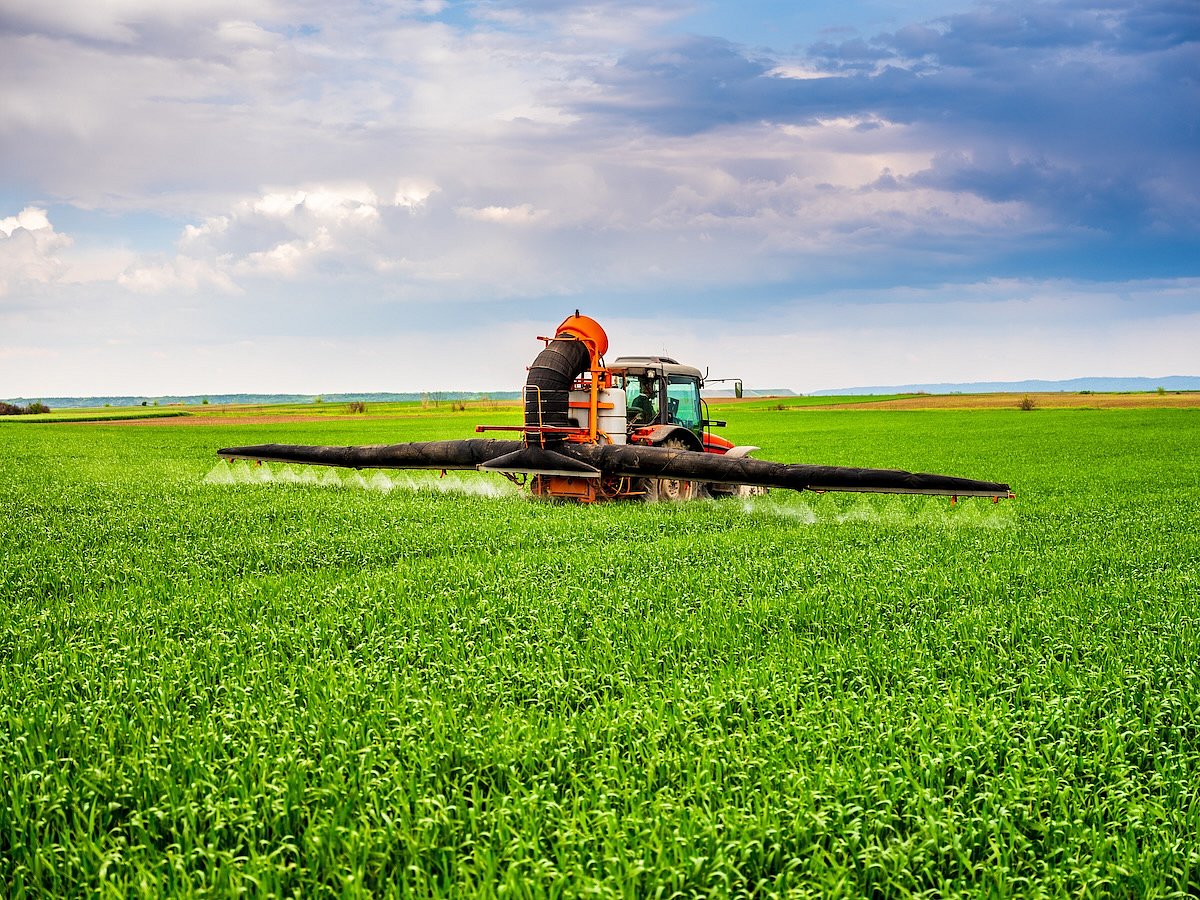Get Healthy!

- Posted November 18, 2025
Agriculture Linked To Melanoma Cluster In Pennsylvania
A melanoma cluster found in the heart of Pennsylvania farm country has highlighted potential links between agriculture and skin cancer.
Adults 50 and older living in a 15-county stretch of south-central Pennsylvania were 57% more likely to develop melanoma than people living elsewhere in the state, researchers reported Nov. 14 in the journal JCO Clinical Cancer Informatics.
The risk wasn’t limited to farm workers who spend their days toiling in the sun, either.
Risk was higher in both rural and metropolitan areas located near active farmland, and the risk remained even after researchers accounted for residents’ exposure to ultraviolet radiation.
“Melanoma is often associated with beaches and sunbathing, but our findings suggest that agricultural environments may also play a role,” researcher Dr. Charlene Lam, an associate professor of dermatology at Penn State Health across several locations in central Pennsylvania, said in a news release.
“And this isn’t just about farmers. Entire communities living near agriculture, people who never set foot in a field, may still be at risk,” Lam said.
For the study, researchers analyzed five years of cancer registry data from 2017 through 2021 in Pennsylvania.
They found that counties in the melanoma clusters had more cultivated farmland — an average of 20% versus 7% for non-cluster counties.
For every 10% in the amount of cultivated land in a region, melanoma cases rose by 14%, results show.
Melanoma also coincided with more use of herbicides, researchers said, with an average 17% of herbicide-treated land in cluster counties versus less than 7% in non-cluster counties.
Every 9% increase in herbicide use corresponded to a 14% increase in melanoma cases, researchers said.
"Pesticides and herbicides are designed to alter biological systems,” senior researcher Eugene Lengerich, a professor of public health sciences at Penn State in State College, Pennsylvania said in a news release. “Some of those same mechanisms, like increasing photosensitivity or causing oxidative stress, could theoretically contribute to melanoma development.”
Previous studies have found that pesticides and herbicides heighten sensitivity to sunlight, disrupt immune function and damage DNA in animals and plants — all of which might increase melanoma risk in humans, researchers noted.
The researchers noted that the risk isn’t limited to farm workers applying herbicides to a field. These chemicals can drift through the air, settle in household dust and seep into water supplies.
“Our findings suggest that melanoma risk could extend beyond occupational settings to entire communities,” Lam said. “This is relevant for people living near farmland. You don’t have to be a farmer to face environmental exposure.”
Similar patterns have been found in agricultural regions in Utah, Poland and Italy, researchers noted.
However, researchers noted that the new study doesn’t prove a cause-and-effect link between agriculture and melanoma, but only shows an association.
"Think of this as a signal, not a verdict,” lead researcher Benjamin Marks, a medical student at the Penn State College of Medicine in Pittsburgh, said in a news release.
“The data suggest that areas with more cultivated land and herbicide use tend to have higher melanoma rates, but many other factors could be at play like genetics, behavior or access to health care,” Marks said. “Understanding these patterns helps us protect not just farmers, but entire communities living near farmland.”
In the meantime, people who live near agricultural areas should protect themselves from melanoma by performing regular skin checks, slopping on sunscreen, and slipping on hats and clothing to protect against sun exposure, Lengerich said.
More information
City of Hope has more on agriculture and cancer risk.
SOURCES: Penn State, news release, Nov. 14, 2025; JCO Clinical Cancer Informatics, Nov. 14, 2025
